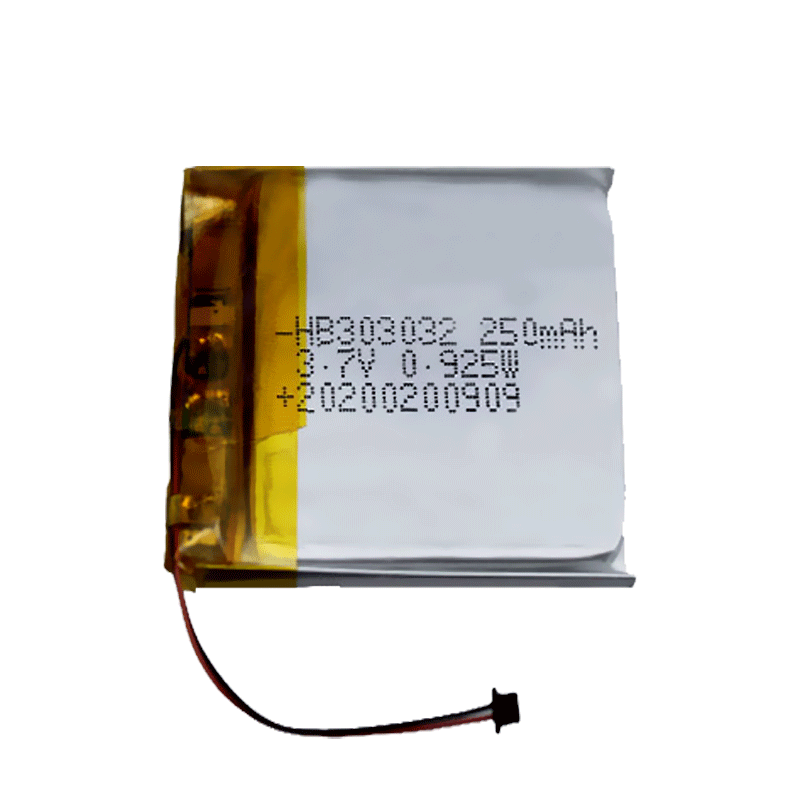What type of battery is not allowed on airplanes?
Many lithium-ion battery pack manufacturers label their lithium-ion battery packs as “not allowed on airplanes.” The lithium-ion battery is the power source for many electronic devices, specifically mobile phones and laptops. However, you should be able to take lithium-ion batteries with you when you fly domestically within the United States of America, but not internationally at this time.
A lithium-ion battery is a secondary cell that has lithium as an active material. A lithium-ion battery releases its energy by way of a reversible chemical reaction. This allows lithium-ion batteries to have high power density and a long life span, but it also means there is a risk of fire or explosion if the battery fails. In contrast, primary lithium cells release energy by discharging lithium through a non-reversible chemical reaction. This means that lithium primary cell batteries have poor power density and short life spans but are much safer to use.
According to the United States Department of Transportation Federal Aviation Administration, only lithium-ion batteries under 100 watt-hours (Wh) can be carried as spare batteries in carry-on baggage, and lithium-ion batteries of any watt-hours (Wh) can be carried as spare batteries in checked baggage.
Spare lithium-ion batteries over 100-watt hours (Wh) are forbidden from carrying on an airplane in either your carry-on or checked baggage. This is due to the risk that a lithium-ion battery could cause a fire or explosion. Lithium-ion battery pack manufacturers label their lithium-ion battery packs as “not allowed on airplanes.” Many lithium-ion battery packs come with a warning label that states, “Not allowed on airplanes.”
The reason for this is that lithium-ion batteries can be dangerous if they are damaged or overheated. A lithium-ion battery can cause a fire or explosion if it is damaged or overheated. The lithium-ion battery is a secondary cell that has lithium as an active material.
A lithium-ion battery releases its energy by way of a reversible chemical reaction. This allows lithium-ion batteries to have high power density and a long life span, but it also means there is a risk of fire or explosion if the battery fails. In contrast, primary lithium cells release energy by discharging lithium through a non-reversible chemical reaction. This means that lithium primary cell batteries have poor power density and short life spans but are much safer to use.
According to the United States Department of Transportation Federal Aviation Administration, lithium-ion batteries under 100 watt-hours (Wh) can be carried as spare batteries in carry-on baggage, and lithium-ion batteries of any watt-hours (Wh) can be carried as spare batteries in checked baggage. Spare lithium-ion batteries over 100-watt hours (Wh) are forbidden from carrying on an airplane in either your carry-on or checked baggage. This is due to the risk that a lithium-ion battery could cause a fire or explosion.
Conclusion
So, if you’re traveling with a lithium-ion battery that is over 100 watt-hours, it is best to leave it at home. Lithium-ion batteries under 100 watt-hours are allowed in your carry-on and checked baggage. Just keep an eye on your battery and make sure it doesn’t get too hot.
Media Contact
Company Name: Dongguan Hoppt Light Technology Co.,Ltd.
Contact Person: Susan
Email: Send Email
Phone: +8618922520682
Address:No.8 Shigu Garden Road, Nancheng Street
City: Dongguan
State: Guangdong
Country: China
Website: https://www.hopptbattery.com

